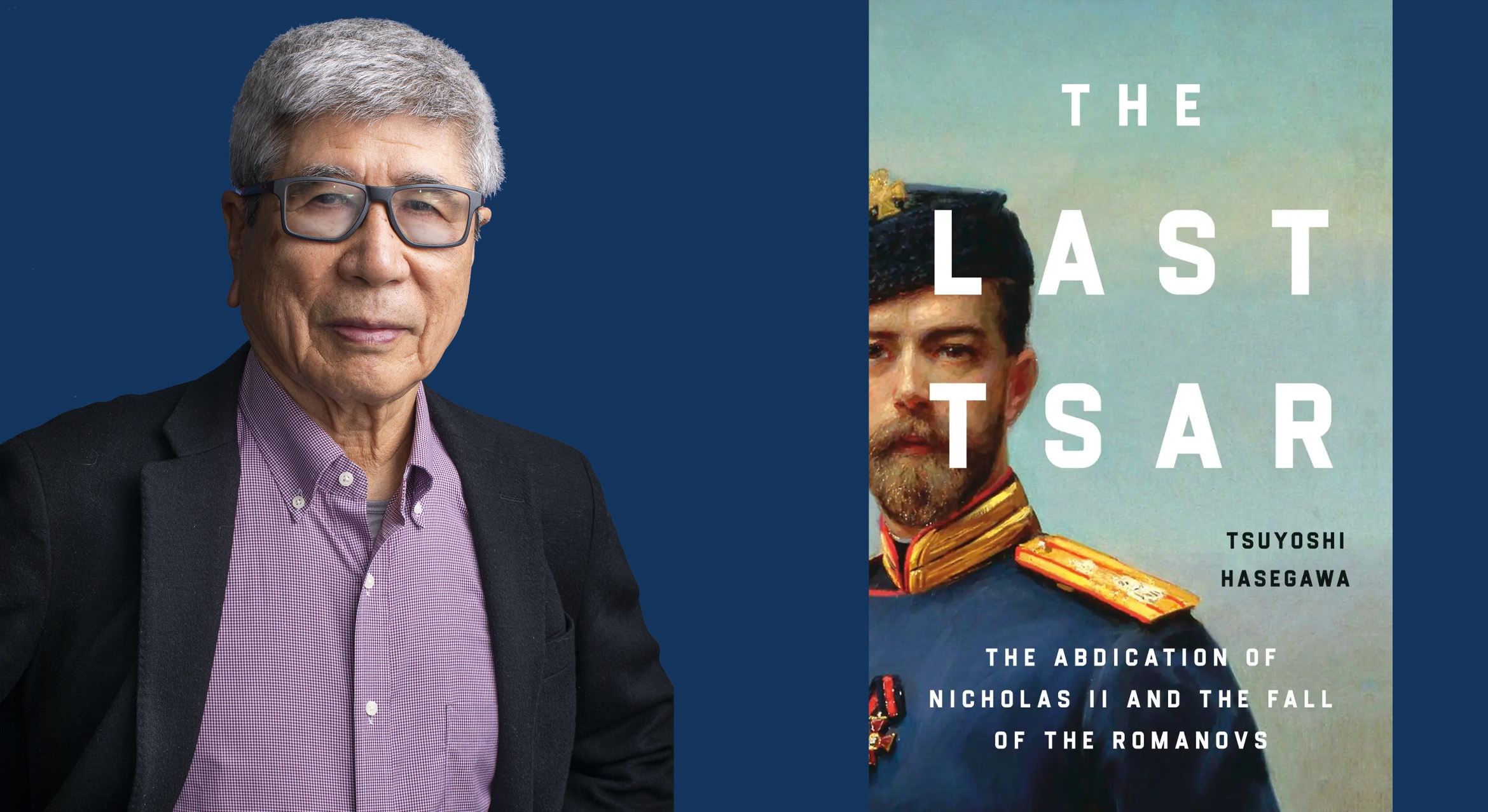Education Revolution

For over a decade, Victor Rios has studied the lives of boys and girls who have been expelled, suspended or otherwise forced out of their respective school systems. Failed by educators, these young people often end up on the streets, where they are more likely than not to find themselves arrested and jailed.
Based on his expertise, Rios, a professor of sociology at UC Santa Barbara, is one of four presenters in “TED Talks: Education Revolution,” a group of four 15-minute talks produced in partnership with PBS. The program will premiere on PBS Tuesday, Sept. 13, broadcasting locally on KOCE-TV at 10 p.m. Rios’s talk will focus on his research in education, and the teacher who “tapped into his soul” and changed the course of his life.
Hosted by author, producer and comedian Baratunde Thurston and actor and singer Sara Ramirez, “TED Talks: Education Revolution focuses on how education is changing to adapt to our new digital world. In addition to Rios, the program includes talks from educator Sal Khan, who examines what the classroom might look like in the future and the impact of online teaching; Nadia Lopez, principal of Motts Bridges Academy in a crime-ridden area of Brooklyn, N.Y., where nearly the entire student body lives below the poverty line; and Julie Lythcott-Haims, author of “How to Raise an Adult,” who addresses the issue of over-parenting.
Rios, the author of “Punished: Policing the Lives of Black and Latino Boys” (NYU Press, 2011), has recently completed a project in the Watts area of Los Angeles working with students who did not graduate high school. His goal was to test how social support-based programming — in this case, GRIT (Generating Resilience to Inspire Transformation) — could motivate and inspire these young people.
Collaborating with Rebeca Mireles Rios, an assistant professor in UCSB’s Gevirtz Graduate School of Education, he is studying social support among teachers — a key point in his TED Talk. “We have measured the various kinds of social support, including informational and emotional support, and have found that for working-class students, emotional support is key to their success,” Victor Rios said. “Unfortunately, we also find that some schools do not value this kind of support and are not particularly systematic in implementing strategies that allow for students to feel emotional support in their educational experience.”
Rios’s forthcoming book, “Human Targets: Schools, Police, and the Criminalization of Latino Youth” (The University of Chicago Press, 2017) takes a look at young people who have been labeled at-risk, delinquent and truant, and how these kinds experiences have impacted them.
“In my research, I find that our schools, police and the courts have decided to deal with young people who are labeled ‘at-risk’ by criminalizing them and setting them up for incarceration,” said Rios. He shadows these young people for years at a time, trying to understand how to reverse what he calls this “school-to-prison pipeline.”
“I work with schools to implement programs aimed at relationship building and improving outcomes with these young people,” he explained. “These programs have attempted to provide young people with the right kind of resources. Programs like restorative justice, mentoring and job training have demonstrated tremendous potential.”



